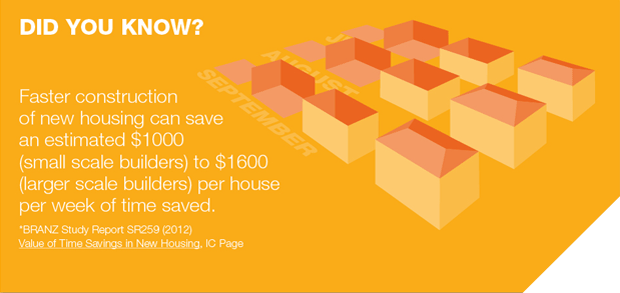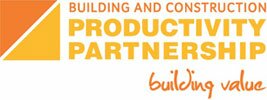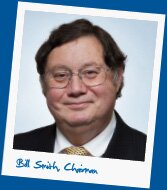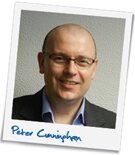| |

VALUE BUILDER – MIKE BLANCHARD
MANAGER, SOURCING SUPPLY AND CONTRACTS, TRANSPOWER AND MEMBER OF THE PRODUCTIVITY PARTNERSHIP’S PROCUREMENT WORKSTREAM.
|
Mike shares his insights into creating value and increasing efficiency and productivity through good procurement practice
|
Does “good procurement” create value?
Let’s start with the old adage “if you don’t measure it, then you can’t manage it.” The first step is to know your procurement environment and then quickly understand what your organisation does and what issues it is facing. Are you tactically purchasing? Do you have multiple procurement processes? Do you know what your supplier spend is? Do you know how many suppliers you have? Are you a customer of choice or are you a customer who is being exploited? A customer of choice consistently receives competitive preference for scarce resources across a critical mass of other customers. This is symbolised by productivity improvements, preferential supply, availability and service innovation.
Once you have grasped all this, then you can decide how you are going to strategically manage your environment. “Why bother?”, I hear you ask. Well, short-term decisions that you haven’t thought through usually end up costing you money. Short-run manufacturing always adds a premium (manufacturing volume, cost to tool up, etc). Customisation and/or specialisation are other areas that drive costs up.
In a crowded, global supply market New Zealand is always going to find it difficult to secure supply when we are purchasing volumes that are low compared with the rest of the world. We are an island nation with a very long supply chain, only accessible by sea and air, so cost and security of supply become issues that cannot be ignored.
After you have segmented your suppliers, then you introduce supplier relationship management for your top/key suppliers. (Note, this is not just about $ spend - it is also about delivery importance and supply risk to your business.) Put a framework around the delivery expectations of your stakeholders. Make sure that suppliers don’t divide and rule. Manage them to achieve consistent delivery and then look to working with them strategically.
Become a customer of choice
As a global supplier why would I deal with you when you don’t buy much in global terms? How do you become a customer of choice? If you are only a small percent of the global spend in your industry (like we are at Transpower), how do you make yourselves attractive?
| 1. |
Develop procurement strategies for key categories (analyse market, suppliers, like-minded customers and align with company’s long-term strategic plans) – category management. |
| 2. |
Segment your key suppliers and find out why they want to do business with you. |
| 3. |
Make it simpler to deal with you – develop longer-term panel agreements – benefits include reduced tender costs.
|
| 4. |
Simplify processes – one process makes it easier for suppliers to engage – ensure a common set of policies, standards and contracts. |
| 5. |
Try to standardise and move away from customisation. If you can leverage off large manufacturing runs and standard products, you will remove the premium for new, first time production and realise the benefits via reduced purchase costs. |
| 6. |
Get your scoping right first time – costs will creep up significantly if you change your requirements during delivery – suppliers don’t like it as it introduces risk (manufacturing, quality, etc) and the customer will always pay for this risk. |
| 7. |
Offer to be a published trial customer – start with low risk areas – suppliers always need reference customers. |
| 8. |
Use technology to reduce costs, especially around the tail (purchase cards – low value items, electronic tendering, electronic purchase to pay (P2P)). |
| 9. |
Adopt behaviours that make you a strategic key account in the eyes of your global suppliers. They will see beyond volume and geography as you will be a showcase for them. Their larger customers will see how the global supplier values and nurtures even their smallest revenue contributors which, in turn, will brand them as forward thinking and strategic. That can only be good news for you as the customer. |
Procurement diamond
Finally, value is not purely about delivery on time and on budget. In procurement, we have to look at what is commonly known as the procurement triangle (time, cost, quality). Poor quality deliverables can significantly increase costs. Procurement in Transpower does not use the triangle but a diamond. Along with time, cost and quality comes safety. This is our number one consideration in all that we do. There is a cost associated with administering a zero harm and safe environment. However, evidence has shown that, when accidents occur in the supply chain, costs can escalate considerably – let alone the impact they have on people’s lives.
|
|










 APPOINTMENT
APPOINTMENT